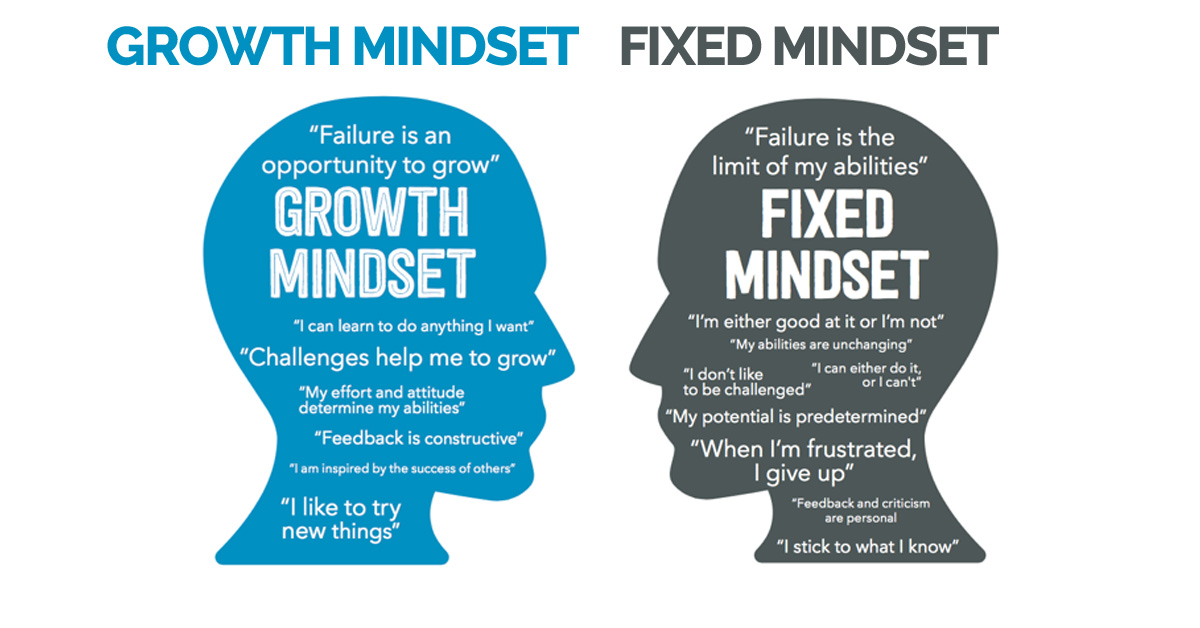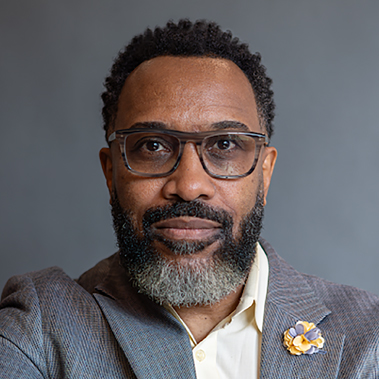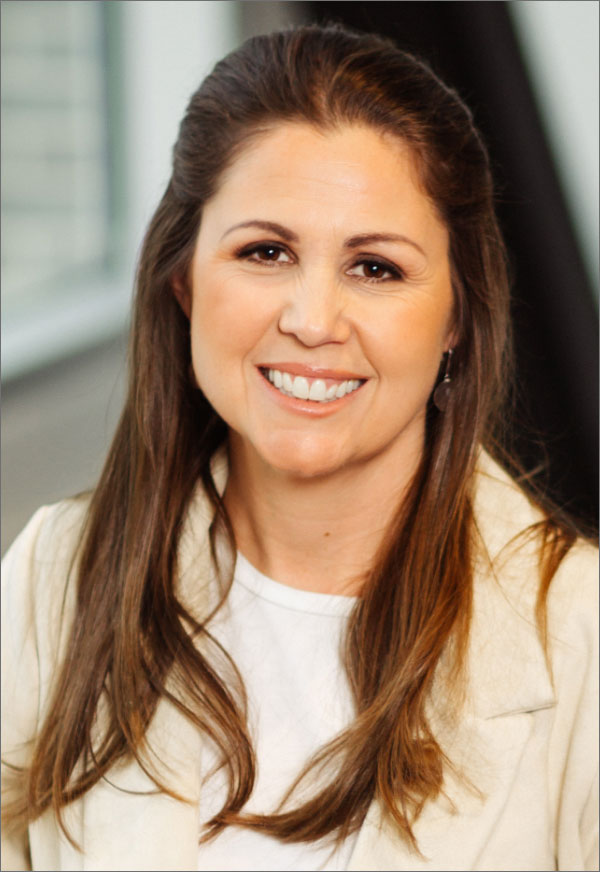
You step up to the plate (your daily life). The bases are loaded (potential), you could strike out (risk), get walked (fortune), hit a grounder or bunt (small strategic gain), or seize the moment and swing for the fences (meeting opportunity head on). What’s made clear here is the importance of adapting to the conditions and employing the best strategy to move forward. Swinging at every pitch with all your strength isn’t always the best option, so why do we often apply this approach to our daily lives?
Drastic times call for drastic measures you tell yourself. Take a stiff upper lip and put the nose to the grindstone, right? Yes and no. Sure, having resilience is an important characteristic to weathering any storm, yet it isn’t the whole story. Attempting to be impervious to pain or being unrealistically positive in the face of dire circumstances is not the ideal approach. Instead, remaining open and curious allows you to navigate the increasingly complicated world, while not setting unrealistic expectations for yourself or others. This is truly the key to being able to read and adapt to the conditions around you, and adjust your stance accordingly the next time life throws you a curveball.
Challenge:
Think about a time when you really wanted something, and you stopped at nothing to get it. This could be the courtship in winning the hand of your spouse or partner, finishing school, getting a new job or promotion, or getting that candy bar stuck in the vending machine. You persevered despite setbacks, you overcame the odds, you reached the finish line. What these common experiences highlight is something that’s in all of us, grit.
Psychological Principle:
Grit is the passion and purpose needed to achieve long-term goals, and was first coined by Psychologist Angela Duckworth, Ph.D. in her research at the University of Pennsylvania and in her book, “Grit: The Power of Passion and Perseverance”.
“Being gritty doesn’t mean not showing pain or pretending everything is okay. In fact, when you look at healthy and successful and giving people, they are extraordinarily meta-cognitive. They’re able to say things like, ‘Dude, I totally lost my temper this morning.’ That ability to reflect on yourself is signature to grit”
– Angela Duckworth, Ph.D.
Traits like grit, or any trait for that matter, are able to develop over time. A belief in one’s ability to evolve their traits or skills over time is called a growth mindset. This holds that any trait or skill may be improved over time with consistent effort. In contrast, a fixed mindset is a belief that one’s basic qualities are simply fixed traits, with no way to change them. The most popular example of this is Carol Dweck, Ph.D.’s research in the education field and in her book, “Mindset: The New Psychology of Success”. She has been able to study the effect of adopting a growth versus fixed mindset on intelligence test scores among students for the last 30 years. This is the key psychological principle behind improving desired traits such as grit. 
Mindset Shift:
There are a few key shifts you can make to improve grit:
- Eliminating “lesser than” language
- Get control over how you respond
- Learn when and where to invest energy
- Remain actively curious
- Look at the big picture
- Practice optimism
- Embrace self-compassion
- Recognize the need for connection
- Start with the smallest component that relates to the larger, long-term goal
- Commit to making decisions when presented with a tough situation
When we’re up at bat we can really be heckled by our own inner critic, which for this post we’ll refer to as “lesser than” language. Whether you are aware of this or not, your mind is running a constant commentary in the background of your awareness. This commentary can often be negative and overly self-critical. “I’m the worst” or “things will never get better” should clue you in that your thoughts have shifted to unproductive areas.
Performance Shift:
How do you improve your inner dialog? Start by tracking your thoughts throughout the day and pay particular attention to negative speech you use in your mind towards yourself. Ask yourself if that’s the only way to look at the situation, or if there are other alternatives. Be aware of the negative self-talk, and in its place use positive self-talk instead.
Here’s a challenge (actually a game) we often use for sales teams that are struggling and in a slump – Can you go 24 hours without saying (aloud or in your head) something negative. In other words, can you keep it positive (or spin it positive) even in difficult circumstances? Heads-up… I’ve had sales professionals who couldn’t even go 20 minutes before slipping back into the negative! It’s harder than you think!
You can also change your behavior by changing the words you use with others. Everything we do and say has an impact, both on others and ourselves. In regard to what we say and how we say it, there are certain words that we use that minimize the impact of what we are communicating. Take the opportunity to look at how some of these words remove the power of what we are saying, minimizing their impact. Practice using the modifications below to retain the power in the messages you put out, both to the world and those that we tell ourselves unconsciously. Start with eliminating the words “should”, “just”, and “try” from your vocabulary. Point this out among your team when they are speaking with self-defeating language, but for a real homerun you must also walk the talk yourself.
If you remember anything remember this: we’re up to bat every day of our lives. How you respond to it is in your hands. Make the most of it.
We’ll explore more of these concepts in future posts, so stay tuned for more insights and practical tips you can start using today to drive performance.
If you’d like to learn more about how to harness grit and growth mindset to help you thrive in your professional and personal life, simply reach out to Chris and his team by sending us a message below!
Follow Chris on Social Media!
Co-authored By: Nate Kangas, Industrial/Organizational Psychology Consultant














0 Comments